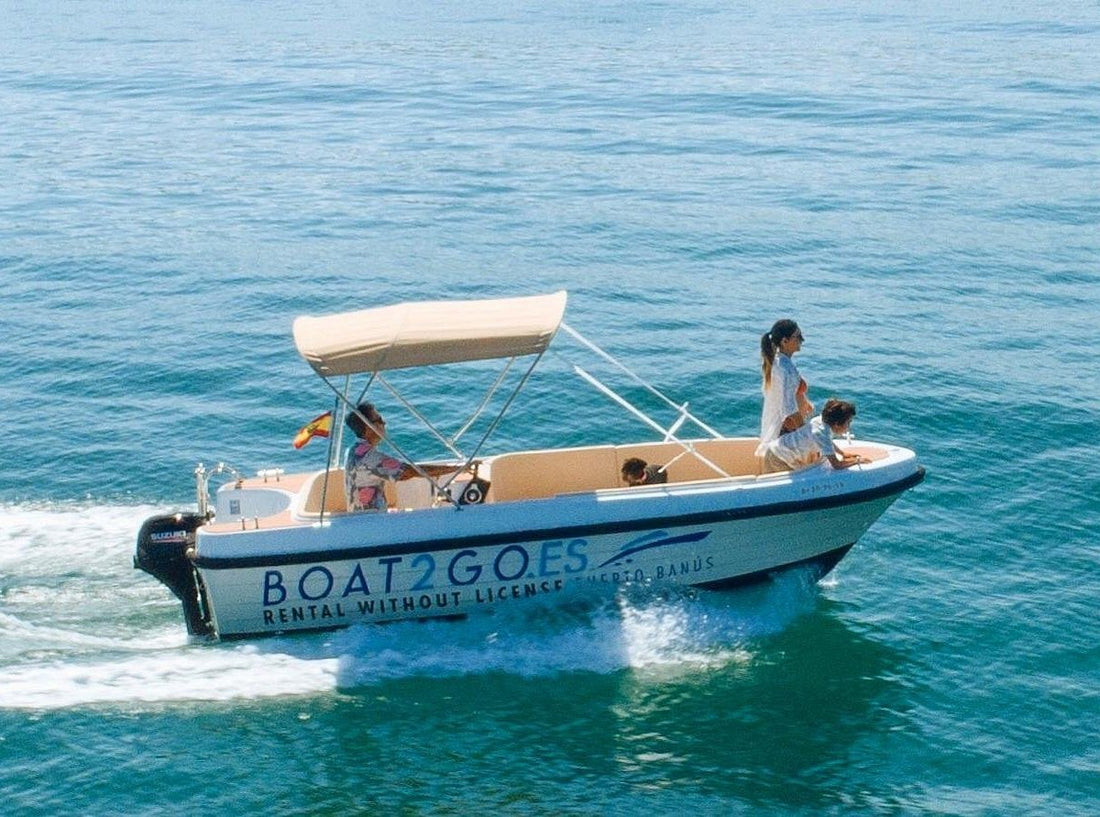Boating is a popular recreational activity worldwide, offering individuals the opportunity to explore lakes, rivers, and oceans. However, operating a boat often requires a specific type of license or certification, depending on the size and type of vessel, as well as the waters being navigated. Understanding the different types of boat licenses can help prospective boaters choose the right certification for their needs and ensure they are compliant with local regulations. Below, we discuss the main types of boat licenses available in various regions.
1. Recreational Boating License
A recreational boating license, often referred to as a pleasure craft operator card, is the most common type of boat license. This license is typically required for individuals who want to operate non-commercial vessels, such as sailboats, motorboats, and personal watercraft like jet skis. The requirements for obtaining a recreational boating license vary by country and region but generally include a basic knowledge test on boating safety, navigation rules, and emergency procedures. In some places, an on-water practical test may also be required. The license allows individuals to operate their vessel within the territorial waters of the issuing country or region. It's important to note that some areas have additional endorsements for specific water activities, such as towing skiers or engaging in watersports.
2. Commercial Boating License
A commercial boating license is required for individuals who intend to operate boats for commercial purposes, such as transporting passengers or goods. This type of license is more comprehensive than a recreational license and often requires extensive training and certification. The requirements for obtaining a commercial boating license vary significantly depending on the type of vessel and the nature of the commercial activities. For example, a captain of a passenger ferry may need a different certification than the operator of a cargo ship. Generally, obtaining a commercial boating license involves passing written exams, practical tests, and demonstrating experience on the water. In many cases, a medical examination is also required to ensure the operator is fit for duty. This license is essential for anyone looking to work in the maritime industry, whether on a small charter boat or a large ocean-going vessel.
3. Sailing License
A sailing license is specific to individuals who want to operate sailboats, particularly those over a certain size or in specific waters. While smaller sailboats may not require a formal license, larger vessels or those used in certain regions may necessitate a sailing certification. This license typically covers topics such as sail handling, navigation, weather patterns, and safety procedures. In some countries, such as the United Kingdom, the Royal Yachting Association (RYA) offers various levels of sailing certifications, from basic dinghy sailing to advanced ocean passage making. Obtaining a sailing license often involves both theoretical exams and practical assessments on the water, ensuring that the individual has the skills and knowledge necessary to safely operate a sailboat.
4. Radio Operator's License
A radio operator's license, while not a boat license per se, is an essential certification for anyone operating a vessel with a marine radio. This license is required by law in many countries to ensure that operators can effectively communicate with other boats, harbor authorities, and emergency services. The radio operator's license typically covers the basics of radio communication, including the use of distress signals, operating procedures, and radio frequencies. This certification is crucial for ensuring safety at sea, as it enables clear communication in the event of an emergency. In some regions, specific endorsements or higher levels of certification may be required for advanced radio equipment.
5. International Certificate of Competence (ICC)
The International Certificate of Competence (ICC) is a widely recognized boating license that allows individuals to operate vessels in foreign waters. This certification is particularly useful for individuals who plan to charter boats while traveling internationally. The ICC is recognized by most European countries and covers both powerboats and sailboats. To obtain an ICC, individuals must demonstrate their competence in boat handling, navigation, and safety procedures. This typically involves a practical assessment and, in some cases, a written exam. The ICC is an invaluable certification for anyone planning to explore international waters, as it simplifies the process of renting or chartering boats abroad.
Conclusion
Understanding the different types of boat licenses is crucial for anyone interested in boating, whether for recreational or commercial purposes. Each license type serves a specific purpose and comes with its own set of requirements and regulations. From recreational boating licenses for casual sailors to commercial certifications for maritime professionals, these licenses ensure that individuals have the necessary knowledge and skills to operate their vessels safely. Additionally, specialized licenses like the radio operator's license and the ICC provide further certification for specific situations. Before embarking on any boating adventure, it's essential to research the local licensing requirements and obtain the appropriate certifications to ensure a safe and enjoyable experience on the water.

